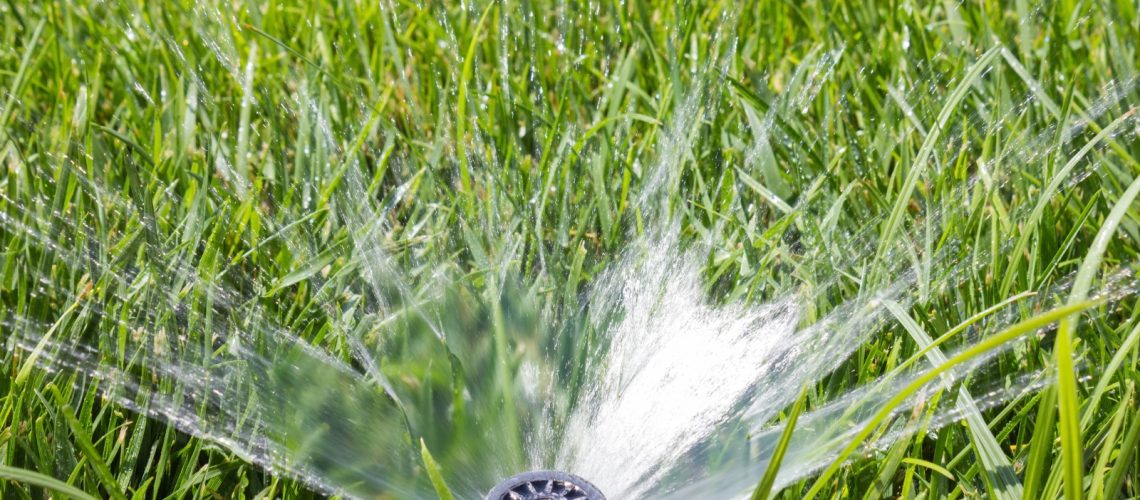It would be nice if irrigation systems never required maintenance, but that’s not the case.
Like everything else, at some point, it may need some troubleshooting, which is why you’re here. While this system may seem complex, it’s not. Troubleshooting isn’t as difficult as you may think.
Signs of Irrigation System Issues
- One or more sprinkler heads don’t work.
- Sprinkler heads have low water pressure.
- Sprinkler zones are not working.
- There’s a leak around a zone valve.
- There are leaks at the sprinkler heads.
What You’ll Need
- Screwdrivers
- Multimeter
- Shovel
- Manual
You can print one out or download the PDF file if you don’t have the manual. Look for the sprinkler system’s manufacture name and the model.
Use that information to look for the manual online. You can also skip all this and contact your irrigation system experts in Cape Coral.
Sprinkler Head Not Working
Non-working sprinkler heads are common. Usually, the reason for this is damage; maybe they get run over by a vehicle or lawnmower.
The first thing to do is confirm the issue. Look for the following:
- There may be damage to the plastic casing.
- The sprinkler head doesn’t pop up.
- The water sprays wildly.
- The water doesn’t spray at all.
- The sprinkler head is broken.
Inspect the area if the head is damaged, and see if you can reset it manually.
You may need to correct the spray pattern. There could also be dirt, and if that’s the case, you may need to clean the head. If this doesn’t work, then you’ll need to have it repaired or replaced.
Low-Pressure Sprinklers
Okay, the first thing you want to do is see if your backflow device is faulty. Sometimes, the only thing wrong is that the water valves aren’t fully on.
There could be a leak causing water pressure issues in your system. This is a serious problem that requires an experienced technician.
If there’s a leak underground, you’ll probably find it between the valves and the first sprinkler head. You may find that your lawn has soggy spots, or you might even see water pooling where it shouldn’t be.
If you don’t see any water pooling and you’re still dealing with this issue, then the problem could be that your irrigation line is compressed somehow. This typically happens because the root of a tree has crushed the line.
Of course, the line could also be compressed by soil if a vehicle rolled over the ground enough. You’ll have to talk to a specialist to see if this is your problem.
Sprinkler Zone Problems
When a sprinkler zone doesn’t turn on, it’s usually traced to an electrical signal malfunction. It could be a faulty valve, but that’s not as common.
If it’s just one zone, the voltage may be the issue. Use a multimeter to test how much voltage is hitting the inactive zone.
Use the common terminal and the zone terminal to see if the voltage is too low. Keep in mind that a normal voltage range is 24 to 28 volts. If it’s too low, then the controller may require a replacement.
There are other potential issues, such as a disconnected or damaged solenoid. A professional should inspect and fix this.
If more than one zone is not working, then the issue might be the transformer. You can use your multimeter to find out. Look for the 24 vac terminals and test them. They need to read near 22 volts, and if it’s too low, it may be time for a transformer replacement.
Leaks Around the Zone Valve
If you notice a leak around the zone valves, you may need to tighten the cover screws. If that doesn’t work or the screws are tight enough, it could be a damaged diaphragm.
The zone valve could have cracked, and if that’s the issue, it has to be replaced.
Hopefully, this information helps you find the issue. Maybe you’ll be able to fix it, but if not, at least you know what to expect after calling your trustworthy technicians in Cape Coral.


